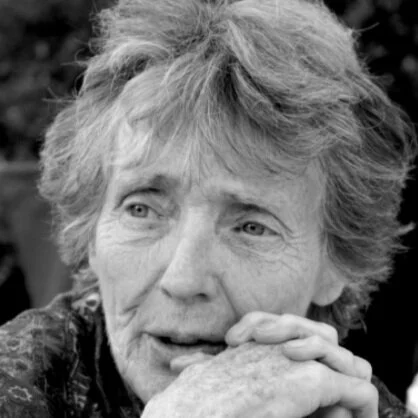Born amidst tragedy and implacable hatreds, the young Peter McCutcheon is denied his freedom, his birthright, and the fruits of his labors by cruel masters, and by a society and history which denies the truth. The Wages is a monument to individual courage and to the ongoing injustices caused by the suppression of memories and the oppression of people. It is also a powerful document of America's entanglement in slavery and vicious myths of race.
The wages of sin, according to the Bible, is death. Fanny Howe’s novel demonstrates that the wages of hate are pain, and a cost not always borne by the perpetrator, or even the current generation.
Praise for The Wages
“Fanny Howe’s novel has the clarity and concision, and the narrative force, of a fable. And like all good fables, it’s endlessly complicated, a deceptively simple story wrapped in racial, historical, and economic ironies. It’s also a historical novel based on ‘true’ events—in the sense that Morrison’s Beloved is realistic and historical and based on a ‘true’ story. And like Beloved, The Wages is a profoundly moral tale. The Bible tells us that ‘the wages of sin is death ...’ (Romans 6:23), and in Howe’s telling, the sin, America’s originating sin, is the profit-making entanglement of race and slavery, whose tainted return, both economic and spiritual, is still being paid out today.””
About the Author
Fanny Howe is the author of more than thirty works of poetry and prose, including Night Philosophy (Divided Publishing Ltd, 2020), What Did I Do Wrong (Flood Editions, 2009), and The Lives of Spirit/Glasstown (Nightboat Books, 2005). Howe received the 2009 Ruth Lilly Poetry Prize from the Poetry Foundation for lifetime achievement.




